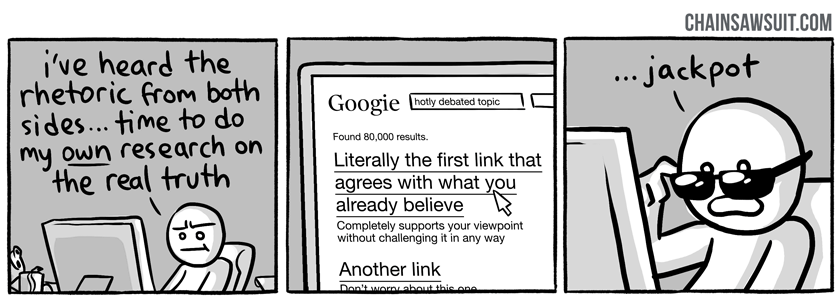
A 60-year-old trial bag that I use, which I inherited from the firm of Turkewitz & Tessel
Way back in the day, students sat in classrooms in alphabetical order. So if your name was Turkewitz, you’d sit next to a kid named Tessel.
And so it was at Brooklyn Law where my father sat next to Stanley Tessel, who scared the crap out of dad with his incredibly organized notes, made with different colored pens. My father, by contrast, has handwriting like mine, which my 5th grade teacher charitably called chickenscratch.
Stanley Tessel died on December 7th at the age of 86, having retired after 62 years of practicing law. He wasn’t just one of the preeminent medical malpractice attorneys in the state when it came to obstetrical cases and brain damaged babies, but was a pioneer as the field developed through the 1960s and 70s.
You see that photo of a trial bag to the right? It says “T & T” on it, which stood for Turkewitz & Tessel, the firm my Bronx-born father and his Brooklyn-born buddy formed a couple years after they graduated in 1952. That bag is about 60-years-old, and sits in the corner of my office, ready for my next trial. It’s held a lot of stories, including those from the days that the two friends did defense work for Professional Insurance Company of New York, defending doctors and hospitals in medical malpractice cases.
Tessel, according to my father, was an outstanding trial lawyer back in those days.
After Turkewitz & Tessel split up after 15 years — when Professional Insurance went belly-up — my father went on to lead the medical malpractice department at Fuchsberg & Fuchsberg while Tessel went over to Charlie Kramer’s law firm, which subsequently became Kramer, Dilloff, Tessel, Duffy & Moore.
If that name sounds familiar, it’s because the firm is one of top medical malpractice firms in the nation, now known as Kramer, Dillof, Livingston & Moore. Tessel, even long after he’d retired in 1989 and moved to Florida, would still fly up to New York to take the depositions of doctors in obstetrical cases. When the top firm in the nation has a lawyer flying in from Florida to take a deposition, you know the lawyer is good.
Chuck Silverstein, who worked with Stanley for years at Kramer Dillof, and with whom I shared office space for several years, wrote to me:
One of the things I remember most about Stanley was that he liked to talk about your father a lot. He told me the law school story (related above), always with a big smile on his face.
At one point Stanley bought himself a Rolls Royce but realized it was a dumb thing to do and got rid of it. (ET – But before getting rid of it, he came by our house to give my folks a ride. My mother quipped, “It rides as nice as our Cutless!”)
Stanley used to love going to Harry’s in the basement of the Woolworth building. He and I would sit at the bar and he would order two drinks and two shrimp cocktails and the war stories would flow.
The joke at the retirement party was that Harry’s would go out of business without him around.
At the party, a prominent obstetrician toasting Stanley said that “He knows so much about obstetrics, I’d like him present in the delivery room when my own wife gives birth.”
When I first started working at Kramer Dillof Stanley told me that I’d need a copy of Williams on Obstetrics. I think he gave me his own copy since he basically knew everything in it already.
Stanley was a very generous man. I think the term ‘magnanimous’ really sums him up — both professionally and personally.”
One day, many years back, Silverstein asked me to try one of the cases that Kramer, Dillof had worked up. This happens from time to time when there’s a manpower shortage and the judges are screaming at you to go pick a jury.
I cracked open the file and found handwriting that looked like it came from a typewriter — with analysis to match. In different colored inks. While I had never actually seen Tessel’s handwriting before, as I’d never worked with him, I recognized his work immediately based on my father’s stories. And so I went on to take a verdict in this case my father’s old partner had worked up at a different firm.

Stanley Tessel
A long obituary appeared in the New York Times this past Friday, written by his survivors. It recounted Tessel’s service in the Air Force during the Korean War, serving in Pusan as part of the Judge Advocate General.
While the obituary mentioned that he was entombed with full military honors by the Air Force Honor Guard, it failed to mention the time he almost got court-martialed. For working too hard.
It seems that the officers on the base would quit work at four and head over to the Officer’s Club for drinks. And Tessel’s office in the JAG was just across the way. And with Tessel-the-perfectionist working late, the light was always on.
(This late-night work came as no surprise to my father as he recounted the almost-court-martialed story to me, since in law school my father would quit a long day of studying at 7 due to exhaustion, while Tessel continued deep into the night even though he knew the material cold.)
So the other officers discussed this “problem” of Tessel working so hard and so late with Tessel’s superior, telling the boss it wasn’t right to make Tessel work that way. The commanding officer, in turn, told Tessel that maybe it would be a good idea to quit work at four like everyone else.
The court-martial risk came because Tessel thought this had just been a suggestion.
Not bad for a war story.
 I don’t even have to look at Twitter to know what is happening given the announcement that Bill Cosby has been charged with aggravated indecent assault based on a 2004 incident.
I don’t even have to look at Twitter to know what is happening given the announcement that Bill Cosby has been charged with aggravated indecent assault based on a 2004 incident.



